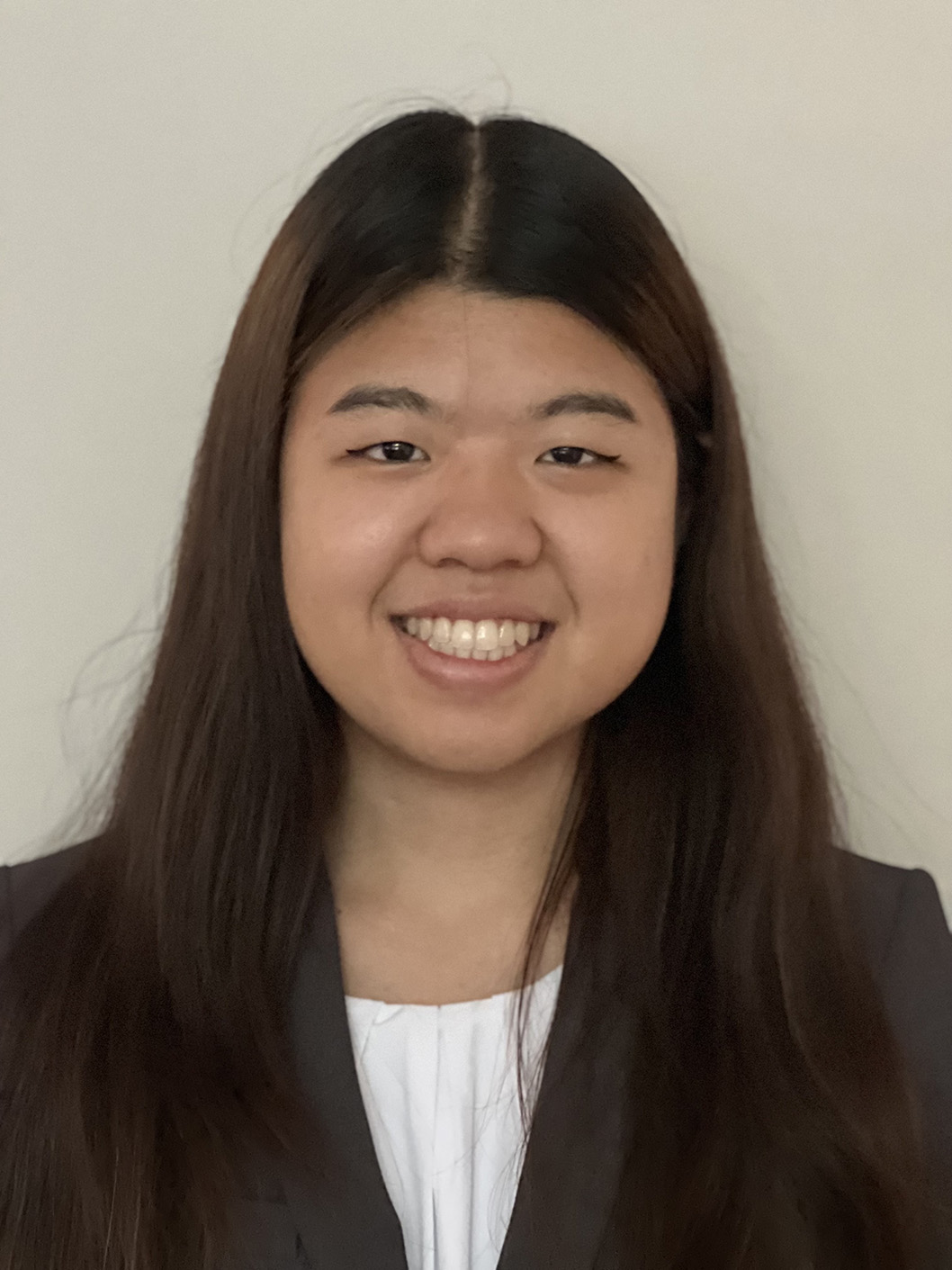Catherine Yang, Emory University School of Medicine, Class of 2026

My mental health collapsed during the spring of my M1 year, which I find pretty ironic in hindsight given that I was serving as one of my medical school’s wellness committee chairs. I found myself overwhelmed by doubt about my chosen career path, and I had difficulty navigating my class’s complicated social dynamics. Renal pathophysiology made no sense. Even as summer approached, the anatomy lab remained cold, dark, and wet, and after thirteen weeks, I still couldn’t distinguish a nerve from a random shred of fascia. For full transparency, I was struggling with suicidal ideation on a daily basis.
I’ve always considered myself a fairly high-strung person. For much of my life, I’ve berated myself for not joining a more prestigious research lab or getting onto that competitive dance team or spearheading a service project or being more of a child prodigy (only partially kidding). These feelings of inadequacy only amplified once I started medical school, when I was surrounded by awesome, accomplished people. I often wished that I could volunteer more or join a clinical research project or even shadow more physicians, but I usually found myself napping all afternoon instead.
This all came to a head after the sudden death of one of my classmates. As we mourned her passing, I also wrestled with the intrusive thought that with her enthusiasm for learning and volunteering and research, she deserved to be in medical school so much more than I did. I was terrified of going to my outpatient clinic. I had limited confidence in my ability to take an HPI. I felt tachycardic at the idea of having to speak to real patients. Eventually, I realized that I couldn’t cope with these feelings of anxiety, fear, and guilt any longer on my own.
As a Chinese American woman, I’ve often found it difficult to seek professional mental health support, whether it’s due to cultural values or the lingering suspicion that my parents have had it much worse than I have or just that we never talk about it much openly. When I think about people who take antidepressants or anti-anxiety medications, I never picture people who look like me. But I was at the end of my rope, and when my therapist from Emory’s Counseling and Psychological Services asked if I’d be interested in trying medication, I was willing to give anything a shot.
Zoloft saved my life — or at least my sanity. It’s one thing to learn about selective serotonin reuptake inhibitors in class. But the lectures didn’t tell me that sertraline would give me the energy to sweep my floors for the first time in months, or start packing actual food for breakfast in the mornings, or motivate me to train for my first 5K. Of course, my learning environment also impacted my well-being. For once, I had time to sleep and exercise (no more anatomy lab!). One of my future goals, along with destigmatizing mental health treatment for Asian Americans, is to identify institutional changes that make healthier lifestyles more sustainable for other students.
One of my future goals, along with destigmatizing mental health treatment for Asian Americans, is to identify institutional changes that make healthier lifestyles more sustainable for other students.
This experience also shifted my mindset in that I saw myself not just as a future medical professional, but also as a patient. We don’t treat patients with the aim of making them better caregivers or parents or partners or friends — unless the patients themselves set that goal. Instead, I believe that patients are intrinsically deserving of care, empathy, and a good quality of life, no matter their contribution to larger society. When I began to view myself as a patient, I realized that I too was deserving of love.
These days, when I plan wellness events, I include activities that I myself would have fun attending. That includes food, painting, plants, and most importantly, free stuff. I no longer view wellness as an attempt to fill my own cup with the sole goal of becoming a better, more compassionate and competent future physician. Although important, I also recognize the significance of personal well-being in and of itself, because I too am deserving of a meaningful life outside of my career, kindness, and joy.
Catherine Yang is a second- year medical student at the Emory University School of Medicine. Outside of school, she is a novelist, Zumba enthusiast, and plant killer.